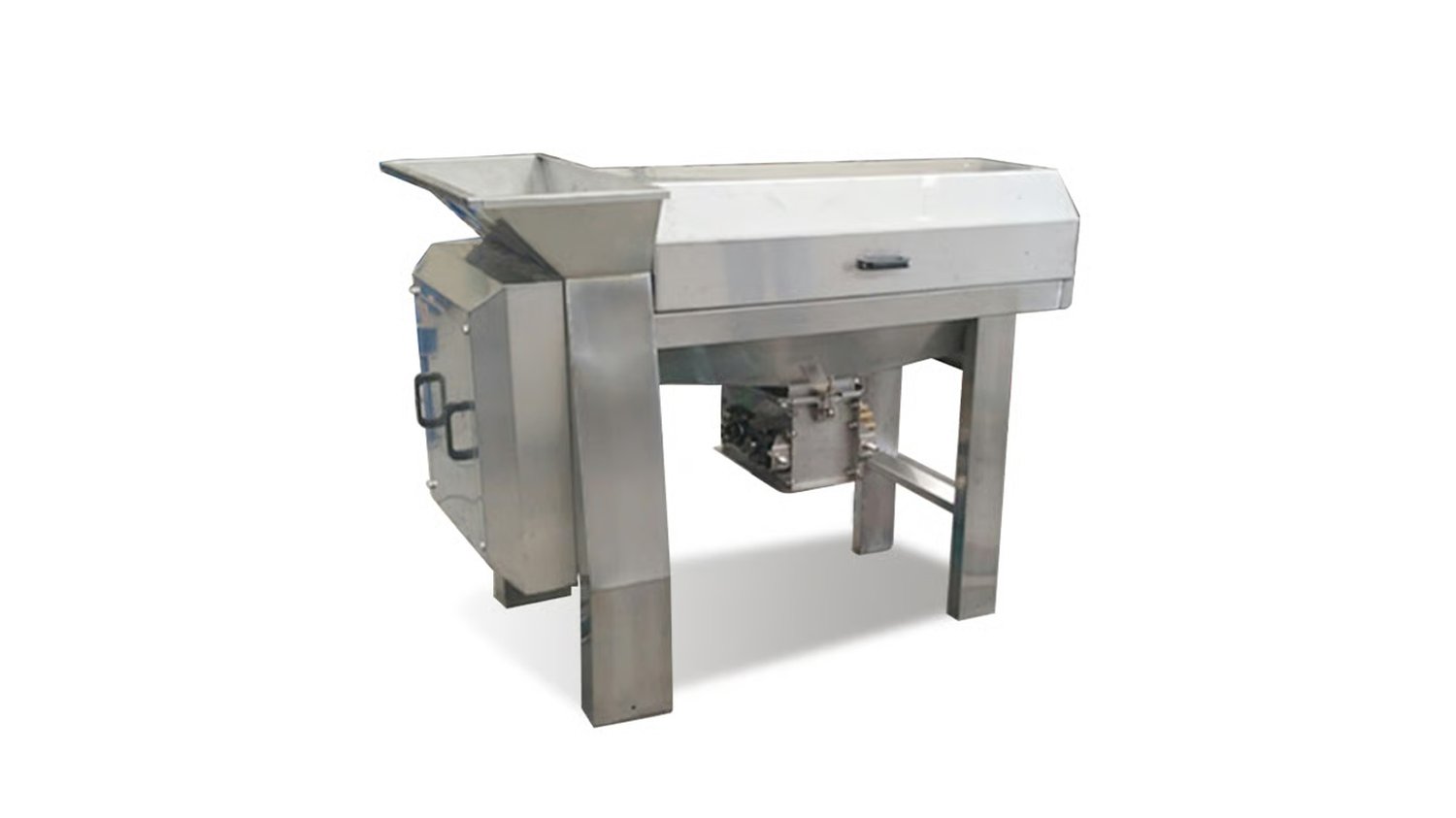Water Scarcity and Food Processing
Water scarcity is a growing concern around the world, and the food processing industry is one of the largest consumers of freshwater.
Sustainable Water Use in Food Processing is crucial to ensure that this vital resource is not wasted.
Efficient Water Recycling
One key aspect of sustainable water use in food processing is the implementation of efficient water recycling systems. By recycling water used in processing plants, companies can significantly reduce their overall water consumption and minimize their environmental impact.
Reducing Water Pollution
Another important factor in sustainable water use in food processing is the reduction of water pollution. By implementing proper filtration systems and waste management processes, companies can ensure that the water they use is not contaminated and can be safely returned to the environment.
Implementing Water Conservation Measures
Food processing companies can also take steps to conserve water by implementing measures such as fixing leaks, using water-efficient equipment, and monitoring water usage closely. These small changes can add up to significant water savings over time.
Investing in Green Technologies
Investing in green technologies such as water-efficient equipment, renewable energy sources, and innovative water recycling systems can help food processing companies reduce their water usage and minimize their environmental impact.
Collaborating with Suppliers
Food processing companies can also work with their suppliers to ensure that sustainable water practices are being followed throughout the supply chain. By collaborating with suppliers, companies can help promote sustainable water use industry-wide.
Consumer Education and Awareness
Educating consumers about the importance of sustainable water use in food processing can also have a significant impact. By raising awareness about water conservation and the environmental impact of food production, companies can help consumers make more sustainable choices.
Government Regulations and Incentives
Government regulations and incentives can play a crucial role in promoting sustainable water use in food processing. By implementing regulations that require companies to meet certain water usage standards and offering incentives for sustainable practices, governments can help drive positive change.
Measuring and Monitoring Water Usage
Measuring and monitoring water usage is essential for food processing companies to effectively manage their water consumption. By tracking water usage data, companies can identify areas where water can be saved and implement targeted conservation measures.
Continual Improvement and Innovation
Sustainable water use in food processing is an ongoing process that requires continual improvement and innovation. By constantly seeking out new technologies and best practices, companies can stay ahead of the curve and reduce their environmental footprint.
Quote Inquiry
contact us

